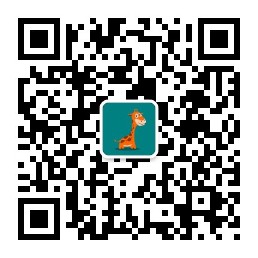第284期:poke the bear
今天我们来学一个跟熊有关的词,都很有趣,很形象,也很容易记住: Poke the bear.
Poke the bear, 通常用作否定形式:Don’t poke the bear. 意思是“别没事儿找事儿”,No zuo no die; don’t ask for trouble; Don’t look for trouble.
英语释义:To poke the bear is to do something that might provoke someone into becoming angry or causing problems. 也有人把这个俗语直译为“戳熊”的,佛老觉得如果非要直译的话,不如译为“惹熊”更好。
Poke的意思是“戳”,想象一个场景:一头熊正在睡觉,你从它身边走过,本来没事。你偏要捡一根树枝去戳它。它醒来会怎样?(此处略去283字)

Bears are lovely creatures that often hibernate and are, for the most part, non-violent. However, when poked, bears can become quite angry. As such, it’s always best not to poke the bear.
来看Urban Dictionary上的一个例句:
Employee 1: “Should I ask the boss for a day off?” 员工1:我应该找老板请一天假吗?
Employee 2: “He just found out his wife left him, so don’t poke the bear.” 员工2: 他老婆刚离开他,还是别去惹熊了。
怎么样,是不是很形象?
Graham Allison教授的新书”Destined for war”中有这样一段对中苏1969年边界珍宝岛战争的描述,用了poke the bear,很棒。大家来欣赏一下。
Still, facing an angry Soviet Union, Mao adopted an unexpected strategy: he poked the bear.
China’s military planned an attack that would “strive for suddenness of action” and teach Moscow a “bitter lesson.” On March 2, 1969, the PLA ambushed Soviet border troops on Zhenbao island in the Ussuri River, followed shortly by a second attack, killing ninety-one Soviets at the cost of thirty Chinese.
佛老觉得上面这段对M的描写用了he poked the bear不仅成语用的恰当,而且用bear来指代苏俄,一语双关,词趣盎然。绝妙的一句话。





